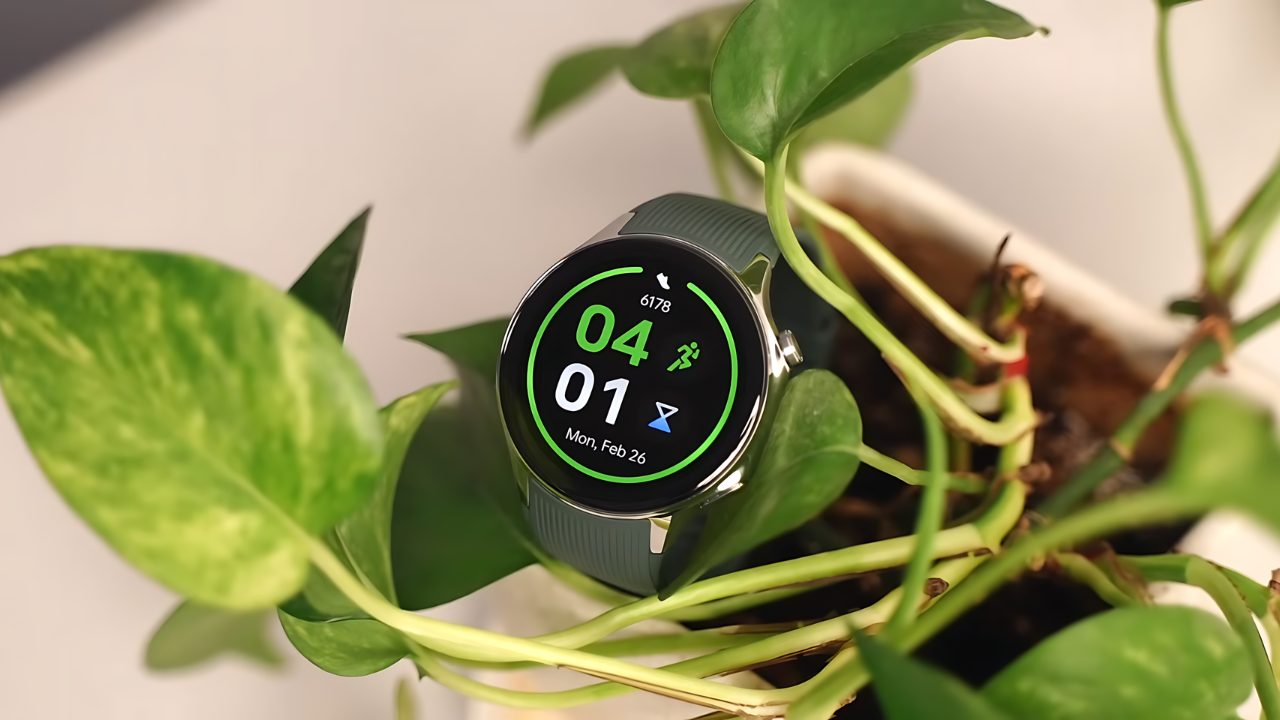Look, it’s time to face the facts. Robots are coming for your doctor’s job. Sure, you may feel nostalgic for the good old days of stethoscopes and tongue depressors, but let’s be real — AI is about to give healthcare a high-tech makeover.
Imagine having an army of robot nurses at your beck and call, or a surgical bot that never misses a stitch. And don’t even get me started on having a holographic health coach that knows your genome like the back of its virtual hand.
The future is now, folks. AI is moving in like an unwanted houseguest, and your health data is its new BFF. But before you call your congressional rep in a panic, know this: the bots are here to help.
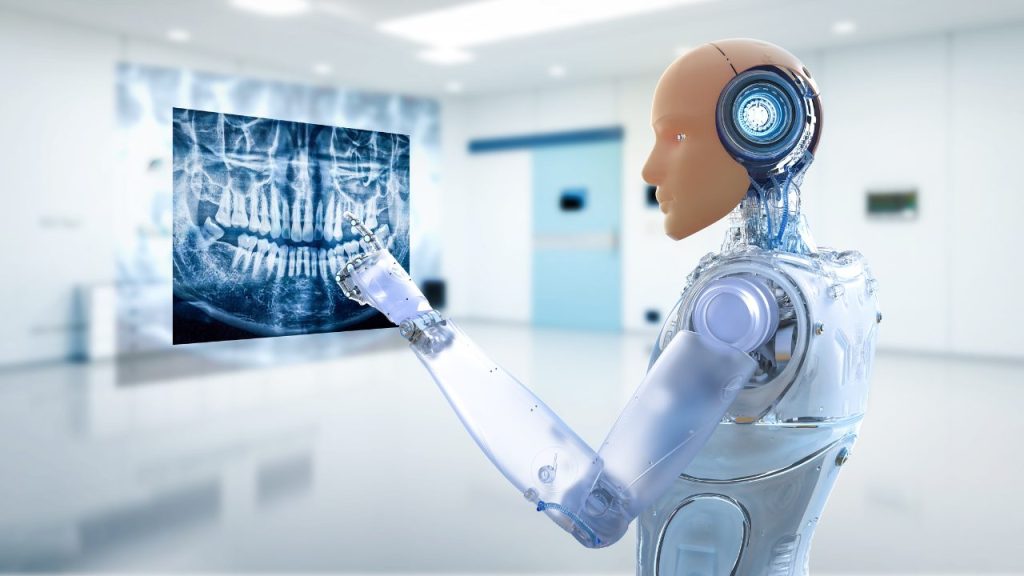
Who needs a breakable human MD when you could have healthcare personalized to your DNA? So move over doctors, and make room for our new robot overlords. The future of medicine is about to get a serious upgrade.
We have written this article by researching from some authority health and technology websites and from our experience. If any mistake has been made by us, then definitely let us know in a comment in the comment box.
Early Disease Detection With AI in Healthcare
You used to have to wait until symptoms appeared before seeing a doctor, but AI is changing all that. Now, AI programs can analyze mountains of data to detect diseases before any signs appear.
AI, the Medical Imaging Expert
AI algorithms have become expert radiologists, able to detect anomalies in CT scans, MRIs, and X-rays that humans often miss. They can spot a single abnormal cell in a sea of normal ones or notice subtle changes over time that point to conditions like cancer or Alzheimer’s years before symptoms start.
AI, the Lifesaver
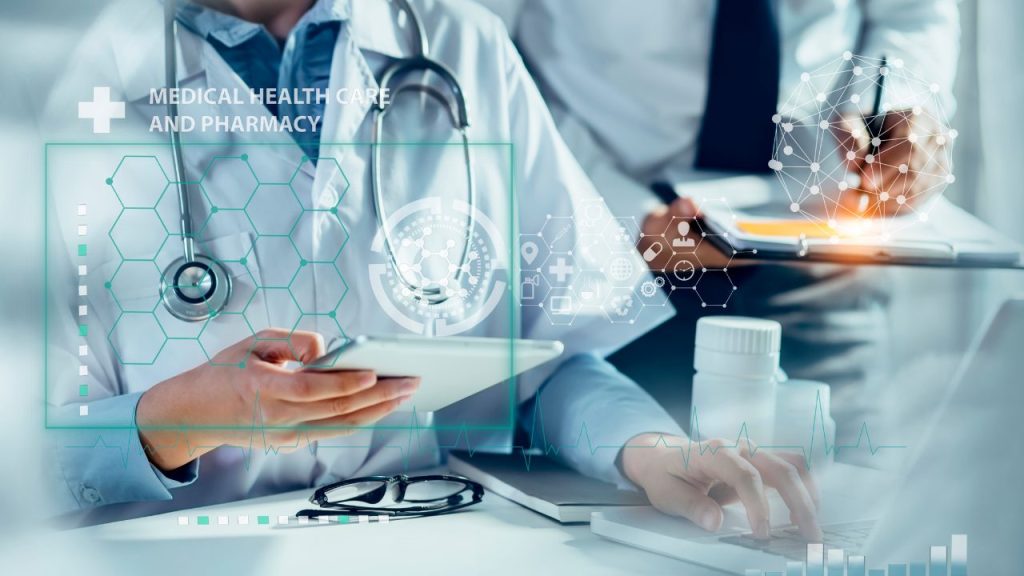
By detecting diseases early, AI can save lives. Conditions caught in the late stages are harder to treat and more likely to be fatal. AI-based screenings will allow doctors to diagnose and treat diseases when they’re most curable.
AI, the Healthcare Access Provider
AI also makes quality healthcare more accessible. AI systems need far less training than human doctors and can reach more people, especially in remote or impoverished areas. They also cost less than building and staffing hospitals.
Chatbots and symptom checkers powered by AI are providing basic healthcare advice globally. While robot doctors won’t be taking over from humans completely anytime soon, AI will likely transform healthcare.
It may lead to a future with personalized, preventative, and accessible healthcare for all. The era of reactive medicine is ending; proactive healthcare powered by AI is the way of the future. Pretty soon, your robot doctor will know you’re sick before you do. The robots are here to help – but don’t worry, human physicians aren’t obsolete just yet!
Robot-Assisted Surgery: The Future of AI in Healthcare
Picture this – it’s 2024 and you need a lifesaving operation. But instead of a skilled surgeon, you find yourself face-to-face with RoboDoc 5000, your friendly neighborhood robot surgeon.
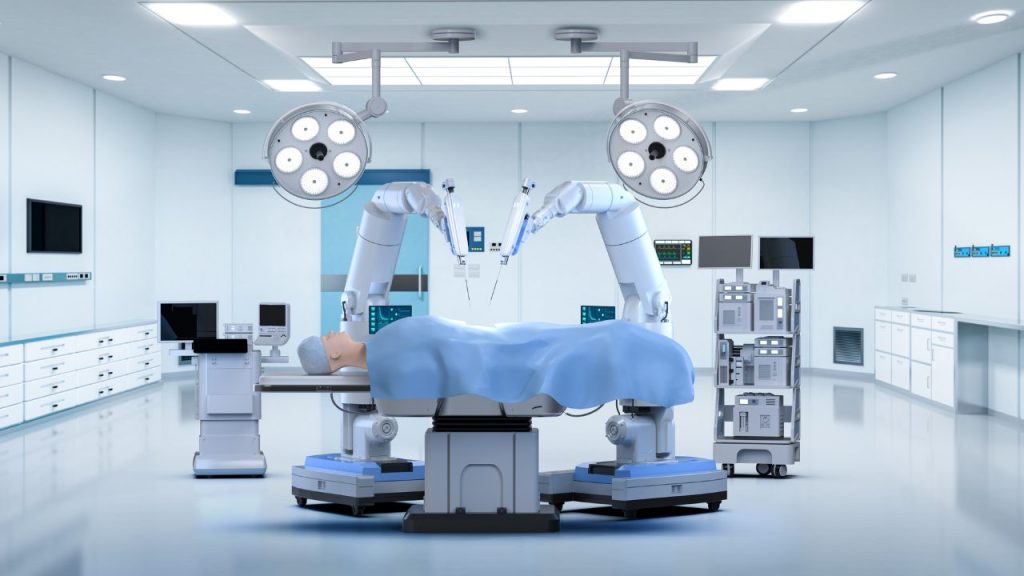
Before you start panicking, rest assured RoboDoc comes fully equipped with state-of-the-art AI to guide its mechanical arms with utmost precision. Its algorithms have analyzed data from thousands of surgeries to achieve superhuman accuracy. Talk about job security for surgeons!
No More Hand Cramps!
Gone are the days of surgeons suffering hand cramps from hours of intricate work. RoboDoc’s robotic arms can make microscopic incisions and sutures with ease. And if RoboDoc makes a mistake, you can simply reboot it and start over. No harm, no foul, right? Let’s just hope its backup drive is working.
Data-Driven Decisions
RoboDoc doesn’t get tired or distracted. Its AI is constantly analyzing data from sensors to make split-second decisions during your operation. If anything goes awry, RoboDoc can instantaneously choose the best course of corrective action based on your vitals and medical history.
You’ll be in good hands – even if those hands are made of steel. While robo-surgeons may seem like science fiction, surgical robots are already assisting human surgeons in operating rooms around the world.
As AI and robotics continue to advance, robo-surgeons could take over more complex procedures, freeing surgeons to focus on diagnosis, treatment planning, and patient outcomes. The future is here – all hail our new robot overlords! Now bend over and say “ahh” for RoboDoc.
Improving Health Data Security With AI
So your private health records are now in the hands of a computer program. Fantastic. What could possibly go wrong? Quite a bit, as it turns out. Hackers love medical data—it’s a goldmine of sensitive info they can sell for big bucks on the dark web.
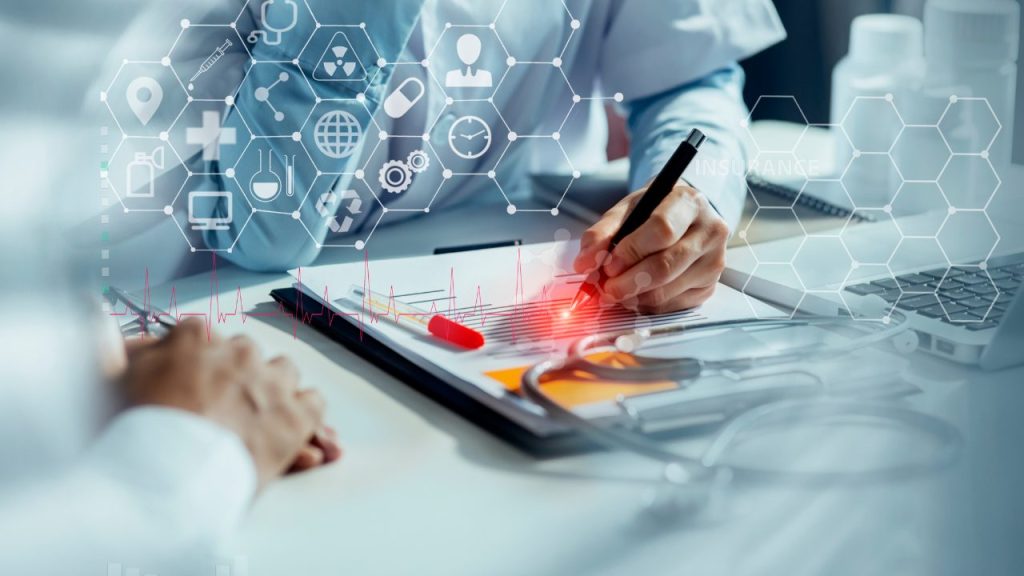
Have no fear though, your new AI doctor is here to protect your data from nefarious nerds. AI systems can monitor networks 24/7 without bathroom breaks or Netflix binges, detecting threats that overworked hospital IT staff might miss.
They can identify unusual activity on the network like massive data transfers or logins from unfamiliar locations. If something seems off, AI raises the alarm so humans can investigate before your social security number ends up on some shady forum.
Of course, AI itself can be hacked, so researchers are working to make the systems as secure as possible. Some use a technique called “federated learning” where AI models are trained on anonymous data from multiple locations so raw data never leaves its source. The models get smarter but your info stays private. Fancy!
AI also helps keep data secure by limiting access to only those who truly need it. Using your role, location, and other factors, AI determines who should be allowed to access different types of data. If Dr. McDreamy from Seattle Grace Hospital tries to access records from Sacred Heart Hospital, AI says “No way, buddy.”
While AI doctors may not have a perfect bedside manner, they can be trusted to keep your health records under lock and key. With AI on the job, you can rest assured your most sensitive data is in good hands—the cold, calculating hands of a machine.
Increasing Healthcare Accessibility Through AI
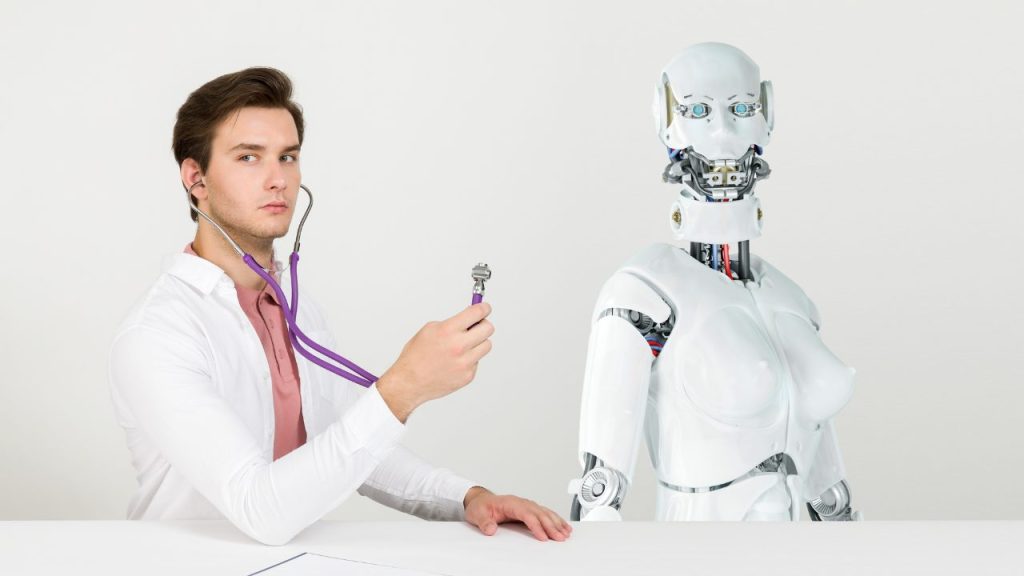
AI is here to make your life easier, especially when it comes to that pesky thing called your health. No more waiting weeks to see your doctor for a checkup or referral. And forget having to physically go into a clinic. The robots have got you covered, in the comfort of your own home.
Your Very Own House Call
Remember when doctors used to visit patients at home? House calls are back, baby, but now they’re virtual. AI-powered telemedicine lets you video chat with a doctor 24/7 using your smartphone, tablet, or computer.
No more driving or public transit, waiting in germ-infested waiting rooms, or taking time off work to see a doctor. Your healthcare is now on-demand.
Diagnosis in a Tap
Feeling under the weather but not sure if you need to see a doctor? There’s an AI for that. Health checkup chatbots can assess your symptoms, analyze health data, and determine if your condition requires medical attention or if home rest will do.
They can even prescribe basic treatments when needed. It sure beats WebMD and guessing if your headache is just a headache.
Robo-Docs to the Rescue
For those times when you do need to be seen in person, robotic surgeons are ready to assist human physicians. AI-guided robot arms provide super-human precision, dexterity, and control. They can perform minimally invasive keyhole surgeries with pinpoint accuracy, minimizing pain, scarring, and recovery time.
Robotic surgery allows skilled surgeons to operate remotely on patients located far away. The future is here, and the robots have your back, literally. While not quite ready to fully replace human physicians, AI, and robotics are making healthcare more accessible and affordable for all.
The era of automated, personalized, and on-demand medicine is dawning. The robots are your new doctors, and the future looks bright. Now about that headache—maybe an AI can take a look, just in case?
AI Chatbots for Better Patient Engagement
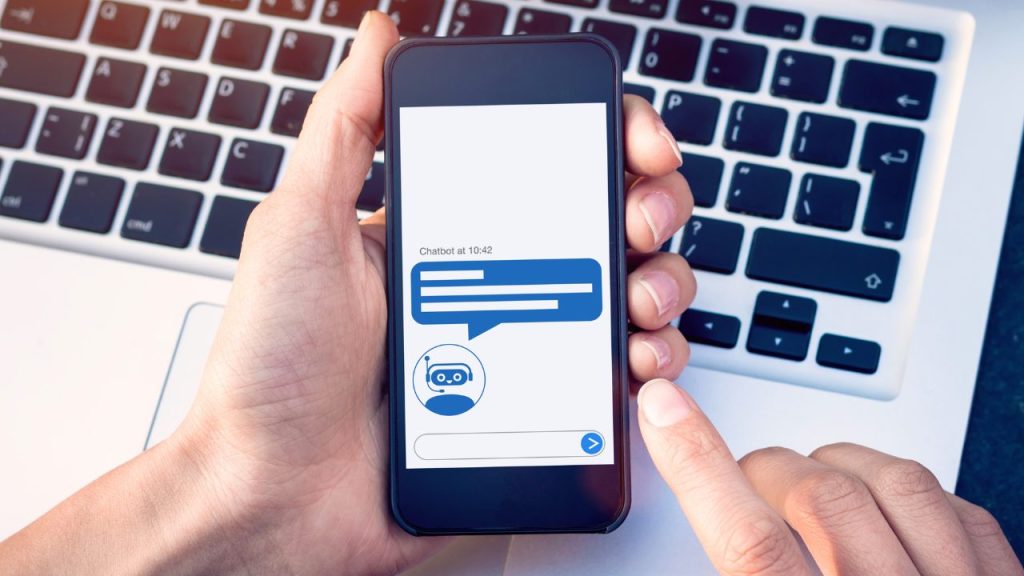
So, the future is here, and your doctor is now a chatbot. Don’t panic just yet—these AI chatbots were designed by real doctors to help you, the patient, stay on top of your health. Think of them as your new BFF (Bot Friend Forever).
Ask Away
Go ahead, and chat up your new bot doc anytime you have a question about your condition or treatment. They’re always available and happy to explain things in a way your human doctor may not have time for.
Ask as many questions as you want—these bots never get tired of repeating themselves! Your bot can walk you through your diagnosis, treatment options, medication schedules, side effects, and more. No need to waste time Googling dubious health advice or bothering your doctor’s after-hours line.
Personalized Tips
Not only can your AI chatbot answer questions, but it can also provide personalized recommendations based on your unique health profile. It has analyzed your medical records, test results, lifestyle, and risk factors to determine what you specifically need to do to stay in tip-top shape.
Follow its tailored tips on diet, exercise, sleep, and stress management for optimal health. If only your real doctor had enough time to craft such customized wellness plans for each patient!
Friendly Reminders
Let’s face it, keeping track of appointments, medications, and health tasks can be tedious. But not for an AI bot—it’s what they live for! Your chatbot companion will send you friendly reminders so you never miss an important date or dose again.
And if you do start to slip up, it will gently nudge you back on track with its infinite digital patience. Talk about a win-win. While chatbots may not replace real doctors just yet, they can certainly make your healthcare experience more personalized, convenient, and effective. So go ahead, befriend your bot—your health will thank you!
Personalized Medicine Powered by AI Algorithms
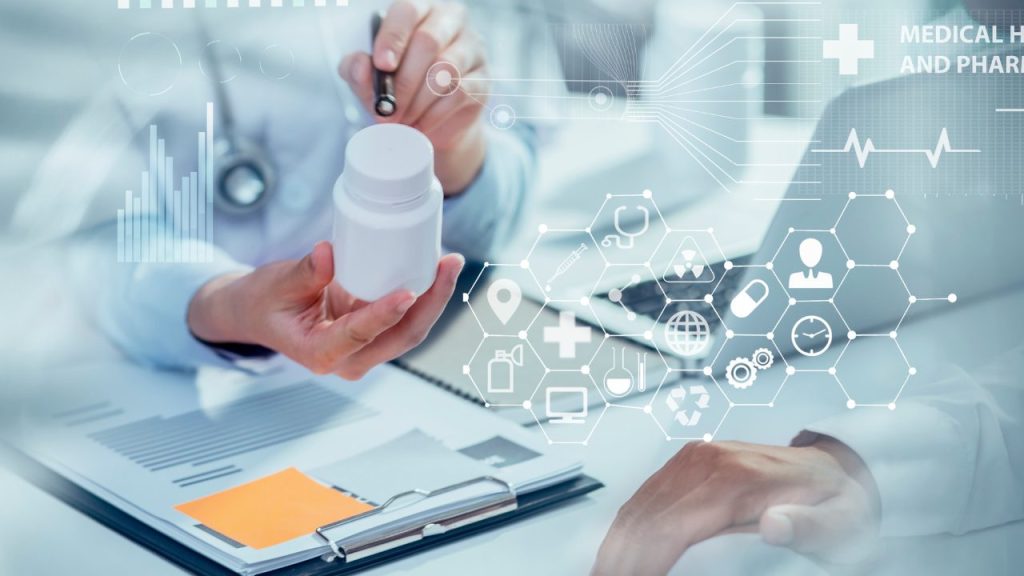
Ah yes, your future robot overlords have arrived…in the form of AI doctors! Just think, soon Siri or Alexa will be diagnosing your mysterious rashes and prescribing you custom medications based on your DNA. Creepy? Maybe a little. But also pretty cool when you consider the benefits.
AI Knows You Better Than You Know Yourself
Those AI algorithms have been studying your medical records, genetic data, and daily habits so they understand how your body works at a level no human doctor ever could. They know that ibuprofen gives you a tummy ache but acetaminophen is A-OK.
They’ve spotted a pattern of elevated blood sugar on Tuesday mornings and want you to cut back on Monday night football snacks. An AI doc would tailor treatment and wellness plans perfectly suited to your unique situation. Be prepared for some uncomfortably personalized insights though. Your AI doc has no filter!
Robo-Docs Don’t Get Tired or Make Mistakes
Unlike human physicians who get sleepy during long shifts, AI doctors are bright-eyed and bushy-tailed 24/7. They don’t get distracted or have bad days that affect their judgment. AI programs can monitor patients continuously and make rapid recommendations if there are any concerning changes.
They also have a perfect memory, instantly recalling every detail of your medical history, symptoms, and past treatments to avoid dangerous medication errors or duplicating unnecessary tests.
Of course, AI isn’t about to replace real doctors completely. Humans still provide the human touch, intuition, and bedside manner that no robot could replicate.
But by handling routine tasks and providing an extra set of AI “eyes,” robots and algorithms could make physicians’ jobs easier and make healthcare more accurate, affordable, and accessible for all. The future is here, and it’s surprisingly high-tech yet human. Now, what can I help diagnose for you today? wink
Administrative Workflow Automation With AI
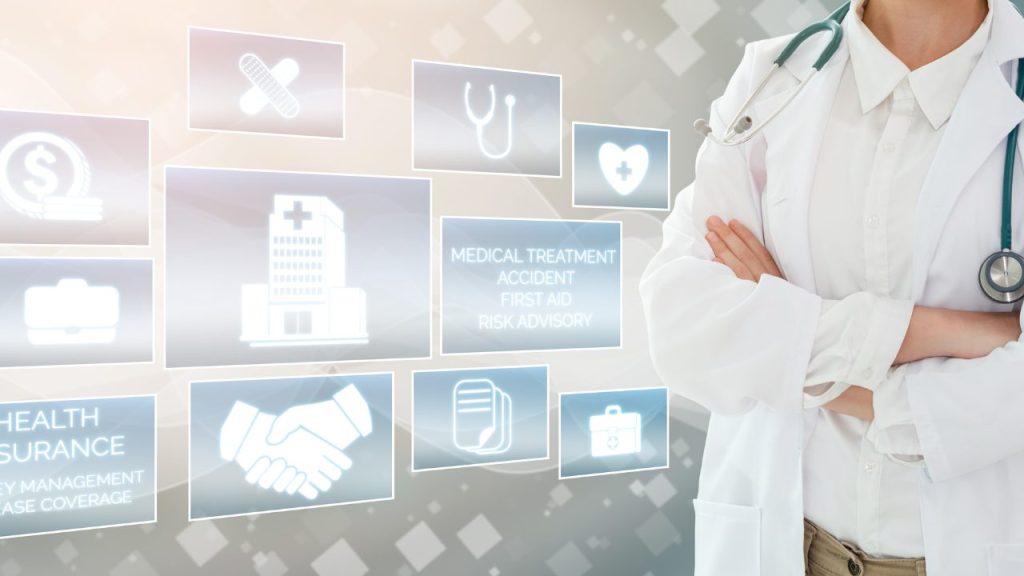
Now just imagine – a world where mindless paperwork and routine admin tasks are a thing of the past. AI is poised to liberate healthcare providers from the daily grind of paperwork and basic data entry, freeing them up to focus on what really matters – patient care.
No More Manual Data Entry
Why spend hours manually entering patient data and insurance claims when AI can do it for you in seconds? AI systems can scan documents, extract key details, and automatically input information into digital records and billing systems. No more carpal tunnel or data entry errors! AI is here so you can ditch the spreadsheets and get on with your life.
Automated Scheduling and Resource Management
Tired of playing phone tag and manually coordinating schedules? AI-powered scheduling systems can automatically book appointments, schedule procedures, and optimize resource utilization based on availability and demand.
They consider factors like patient needs, staff skills, room availability, and more to create efficient schedules that maximize productivity. All you have to do is show up – the AI has handled the logistics for you!
Automated Billing and Claims Processing
The bane of every healthcare provider’s existence – processing insurance claims and patient billing. Why deal with convoluted fee schedules, pre-approvals, and rejected claims when AI can handle it for you?
AI systems can automatically verify insurance eligibility, code claims, submit them electronically, follow up on underpayments or rejections, and even automate patient billing and payment plans. No more drowning in paperwork – the robots have freed you from admin purgatory!
While the robots handle the paperwork, healthcare professionals can redirect their efforts to what really matters – quality patient care. AI may not be able to replace the human touch, but it sure can eliminate a lot of administrative headaches. The future is now – AI is automating healthcare administration so you don’t have to!
AI’s Role in Clinical Trials and Research
Your robot overlords have decided that in addition to replacing your doctor, they’re now going to take over medical research. AI and machine learning are poised to revolutionize how new treatments are developed and tested. Say goodbye to human researchers—your healthcare future is now in the cold, calculating digital hands of algorithms.

AI can analyze mountains of data to detect patterns that even the most caffeine-fueled humans would miss. By scrutinizing reams of medical records, test results, and patient histories, AI systems can identify connections between diseases, genes, treatments, and outcomes that lead to discoveries.
They can also determine which patients might benefit from experimental treatments based on a dizzying array of factors. Before you know it, AI will be designing tailored clinical trials and churning out custom cures.
Of course, AI has its limits. Computers may be able to spot patterns, but they lack human judgment, empathy, and ethics. They can’t determine what discoveries and treatments will ultimately benefit humanity or respect human values.
We still need flesh-and-blood researchers to ask the right questions, interpret results, and make moral decisions. AI will likely play an increasing role in clinical research, but humans must remain firmly in the loop.
We have to ensure that AI systems are aligned with human values and priorities. If we’re not careful, we could end up with treatments designed to maximize profits rather than patient well-being. AI and humans will need to work together, combining the best of human ingenuity and judgment with the power of algorithms and automation.
Our robot overlords still have a few things to learn from their human creators before they take over the laboratory. Researchers envision a future where AI and humans collaborate to accelerate medical discoveries in a responsible, ethical way.
But we must be vigilant, or we could find our healthcare future in the hands of algorithms that lack human heart and soul. The robots may be coming for our doctors, but we can’t let them take over medical research—at least not yet. Our health depends on it.
Conclusion
So there you have it. Robot docs are on the march, and they’re coming for your stethoscope. Will AI healers leave the human touch behind? Sure, their circuits may stay cool under pressure, but can they really replace that certain doctor-patient je ne sais quoi?
The future remains unclear, but one thing’s for sure: Skynet is now accepting new patients. Just try not to sneeze during your next physical, lest you short out your sleek robo-doc. For better or worse, artificial intelligence is bringing a brave new world of healthcare, so grab some hand sanitizer and buckle up, because this ride could get bumpy.
Read More : The AI Revolution: Upskilling for the Automated Future 2024
 Oko Dot All In One Technology Solutions By Likhon Hussain
Oko Dot All In One Technology Solutions By Likhon Hussain
